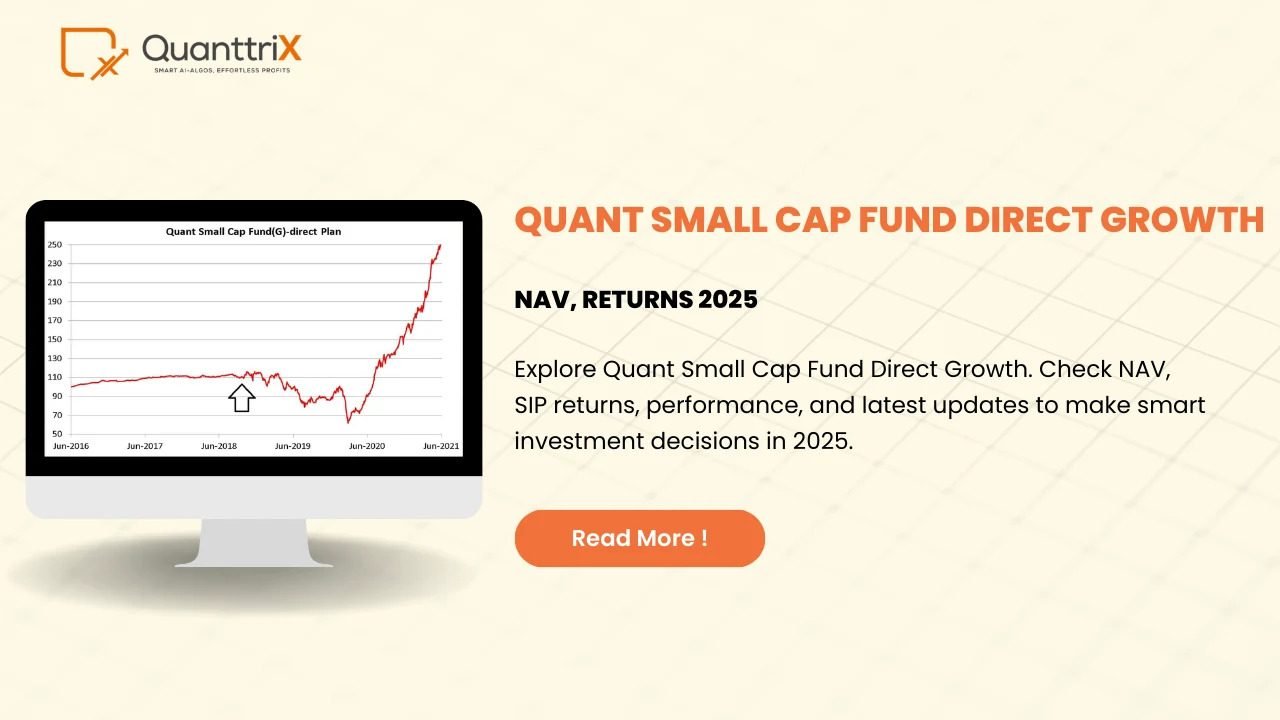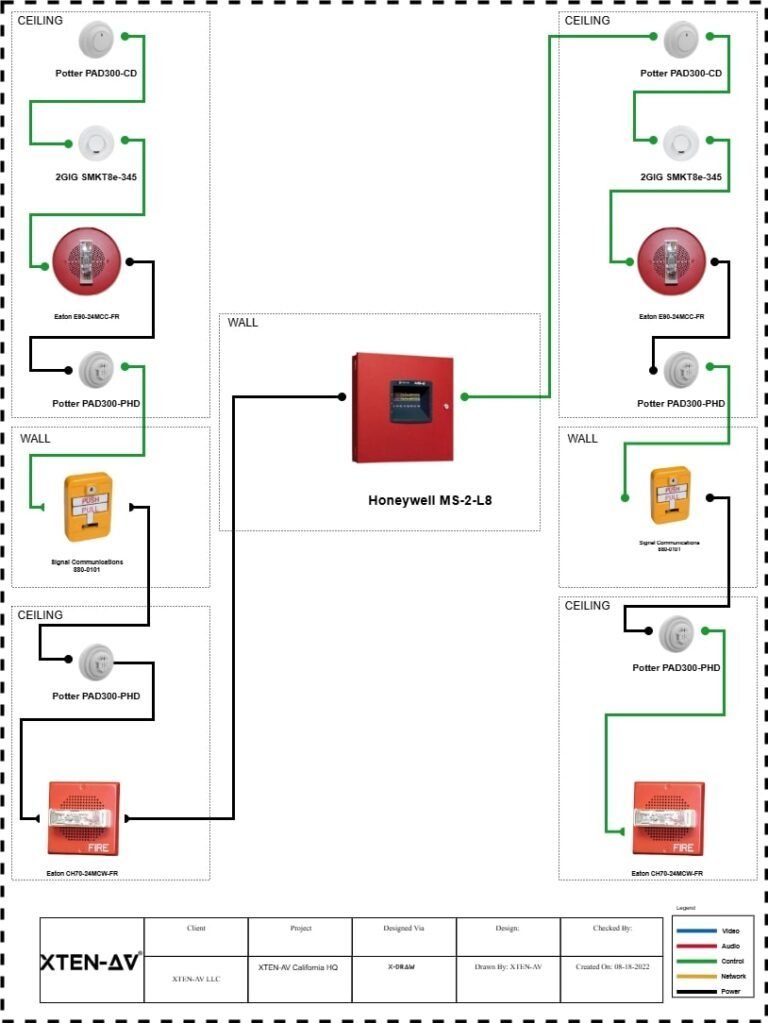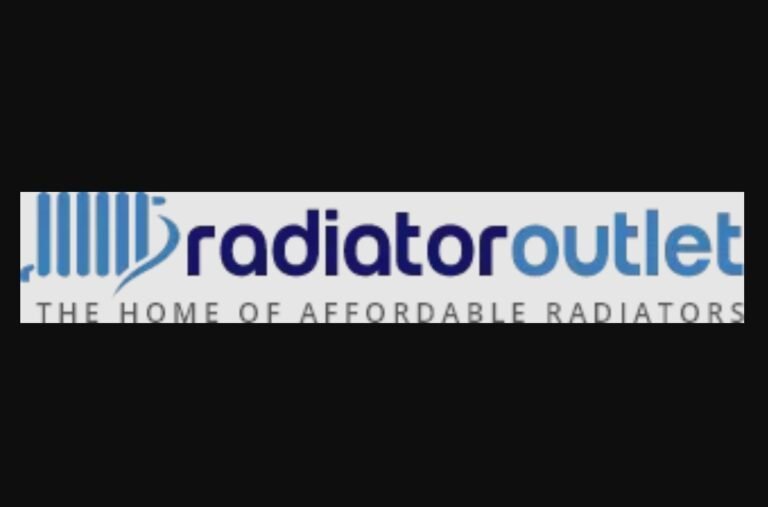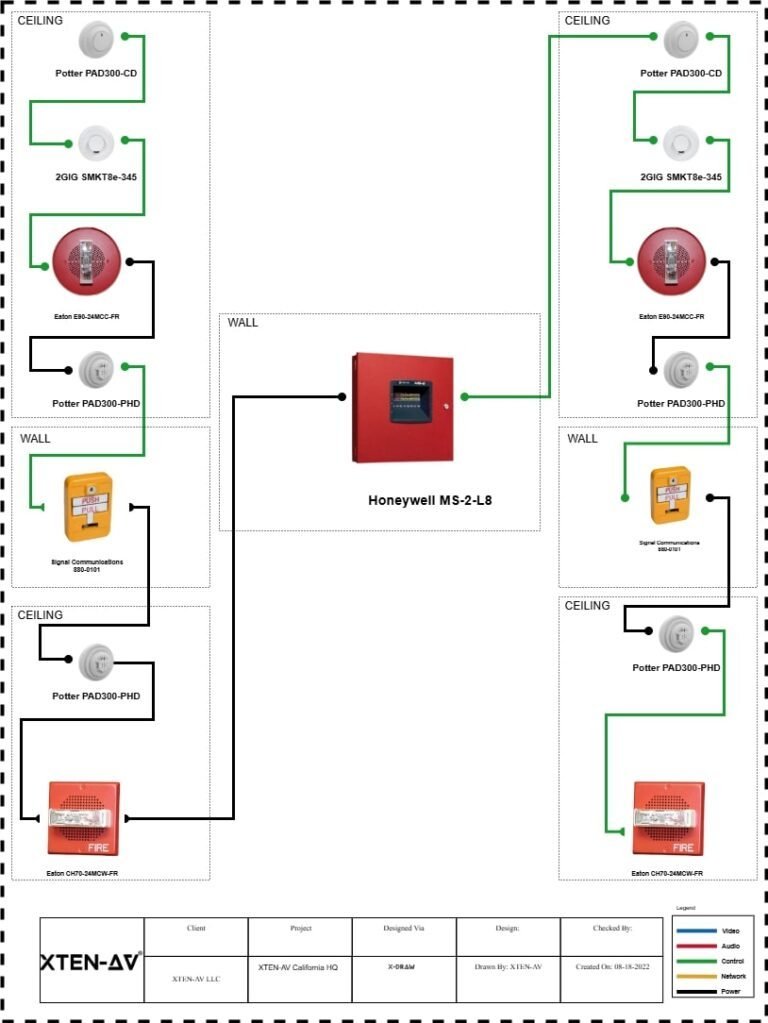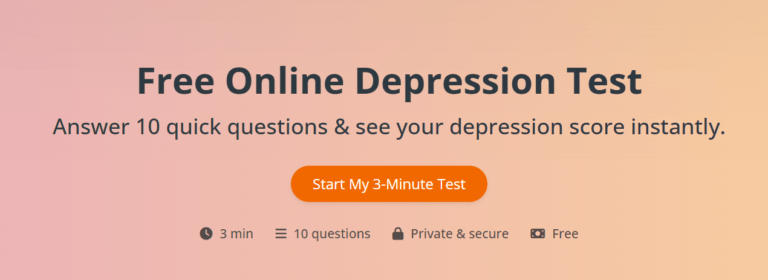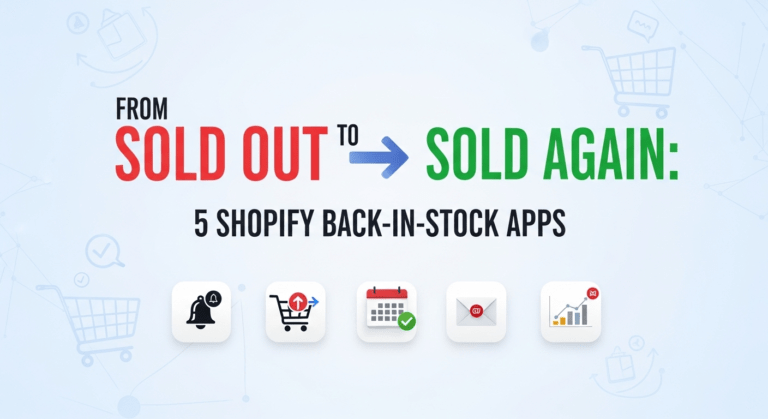Quant Small Cap Fund Regular: A Genuine Review & Guide to Automated Trading Software
Introduction
If growing your wealth by investing in actively managed small companies interests you, then the Quant Small Cap Fund Regular might be your perfect gateway. This plan offers a balanced approach, combining expert portfolio management with an opportunity to participate in India’s vibrant small-cap sector.
Alongside, automated trading software is making investing smarter and more accessible. In this article, you will get an in-depth review of the fund, understand its features and performance, and see how automated trading software works to potentially improve your trading decisions.
Don’t worry—this is a simple, no-jargon guide designed to make complex concepts easy for everyone.
Explore an honest Quant Small Cap Fund regular review and learn how automated trading software can enhance investing strategies effectively in India.
What is Quant Small Cap Fund Regular?
The Quant Small Cap Fund Regular is a mutual fund scheme that primarily invests in small capitalization stocks across India. Unlike the direct plan, this regular plan is bought through intermediaries like brokers or financial advisors, so a small commission is part of the expense structure.
The fund aims to deliver capital appreciation by identifying and investing in small companies which have the potential to grow faster than larger firms.
How Does the Fund Operate?
Quant Mutual Fund leverages both data-driven quantitative models and expert judgment to pick stocks. This mix helps in choosing undervalued yet promising companies, aiming for better than average returns.
The portfolio remains diversified across various small-cap stocks and sectors to balance risk while capitalizing on opportunities.
Key Features of the Fund
- Focus: Predominantly small cap stocks with up to 93% equity exposure.
- Fund Size: Over ₹28,000 crore in assets under management (AUM).
- Expense Ratio: Approximately 1.59% for the regular plan.
- Minimum Investment: ₹5,000 lump sum or ₹1,000 SIP.
- Exit Load: 1% applicable on redemption within 1 year.
- Risk Profile: Rated “Very High” due to inherent volatility in small caps.
- Benchmark: NIFTY Smallcap 250 Total Return Index.
Detailed Quant Small Cap Fund Review
The fund has provided investors with compelling returns:
- 1-year returns: Approx. -9.7% (volatile market phase)
- 3-year CAGR: ~23.1%
- 5-year CAGR: Around 34.7%
- Since inception: About 12.1%
Though it saw a dip in the short term, the long-term performance beats many peers. The fund is best suited for investors with patience and a strong risk appetite.
Who is This Fund Best Suited For?
- Long-term investors willing to stay invested for 5 years or more.
- Those comfortable with high volatility and market swings.
- Investors seeking a professionally managed approach with advisor support.
If you want growth beyond traditional large-cap funds and can handle fluctuations, this fund deserves consideration.
Risks Involved in Small Cap Investing
Investing in small caps includes:
- Larger price swings that can cause short-term losses.
- Potential liquidity issues for some smaller stocks.
- Sector or company concentration risks.
These risks require you to invest only money you can afford to leave for the long haul.
Expense Ratio and Cost Structure
The regular plan typically costs about 1.59%, which covers fund management fees and commissions paid to intermediaries. This is higher than the direct plan, which saves on commissions but requires self-management.
Exit loads incentivize holding your investment for more than a year, reducing short-term churning.
Investment Strategies: SIP vs Lump Sum
- Systematic Investment Plan (SIP): Regular small investments which reduce timing risk.
- Lump Sum: One-time investment, with the potential for higher gain if timed well during market dips.
SIPs are recommended for starters and risk-averse investors as they smooth out market volatility.
Taxes You Need to Know
- Long-term capital gains (LTCG) tax at 10% applies if held for over a year and profits exceed ₹1 lakh.
- Short-term capital gains (STCG) tax at 15% applies if withdrawn within a year.
Holding investments longer is encouraged to reduce tax impact and maximize returns.
Automated Trading Software Explained
Automated trading software uses computer programs to execute trades based on predefined rules and algorithms. It eliminates emotional decisions, executes trades at lightning speed, and can monitor markets 24/7.
Such software is gaining popularity in India, empowering traders to apply quantitative strategies without manual intervention.
Popular Automated Trading Software in India
- Zerodha Streak: No-code platform ideal for beginners.
- Upstox API: Advanced customizable trading interface.
- Angel One SmartAPI: Robust and user-friendly.
- Alice Blue ANT: Affordable with powerful trading tools.
- 5paisa Algo Trading: Good for active traders looking for variety.
Select software based on your technical skills and trading goals.
Advantages of Using Automated Trading Software
- Consistent and emotion- decision-making.
- Ability to backtest trading strategies using historical data.
- Faster execution reduces missed opportunities.
- Access to real-time data and analytics.
How to Combine Automated Trading With Mutual Funds
Mutual funds like Quant Small Cap Fund regular offer systematic investments managed by professionals. Automated trading can complement this by allowing active traders to manage personal portfolios or hedge risks efficiently.
Together, they form a balanced approach: passive growth plus active opportunity hunting.
How to Start Investing
- Complete your KYC through perfect platforms like Groww, Zerodha Coin, or Angel One.
- Choose the Quant Small Cap Fund Regular plan.
- Decide your investment mode (SIP or lump sum).
- Monitor your portfolio and consider automated software if interested in trading actively.
Final Thoughts & Recommendations
The Quant Small Cap Fund Regular suits investors who want expert assistance investing in high-growth small caps. Long-term commitment and risk tolerance are vital. Integrating automated trading software can further empower investors looking to actively manage their investments and trading strategies.
With the right knowledge and tools, you can harness the best of passive investing and active trading.
Frequently Asked Questions
- What is the minimum amount to invest in Quant Small Cap Fund Regular?
₹5,000 lump sum or ₹1,000 monthly SIP. - How risky is this fund?
It carries very high risk and is suitable for long-term investors comfortable with volatility. - What is the expense ratio for the regular plan?
Approximately 1.59%, covering management and advisor fees. - What benefits does automated trading software offer?
It offers emotion, fast, and systematic trading with backtesting features. - Can I combine mutual fund investing with automated trading?
Yes, many investors use both for a diversified and balanced approach.
